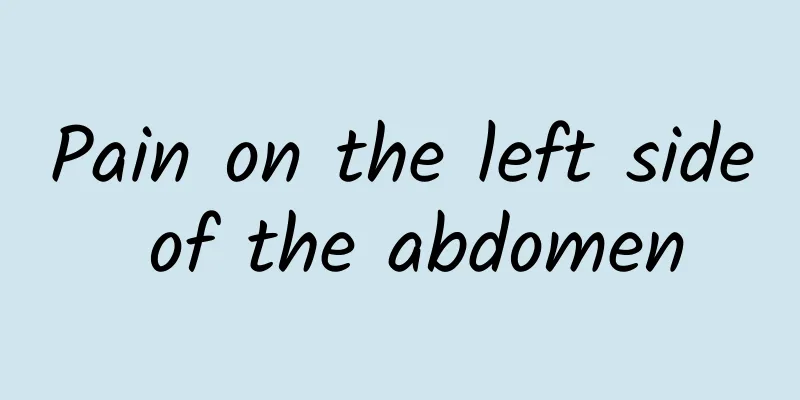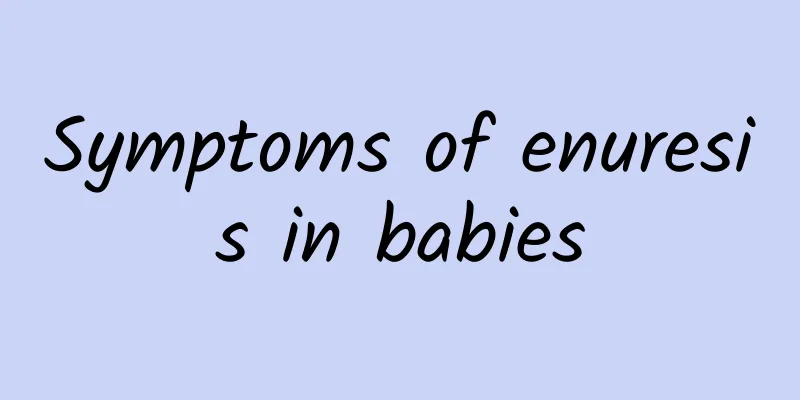How to treat Henoch-Schonlein purpura

|
Allergic purpura is mainly a change in the inflammation caused by some skin diseases and mucous membrane lesions. The main clinical manifestations are some general joint pain and pain symptoms. If not treated in time, some other diseases will occur, which are allergic purpura. According to the clinical classification, there are many, mainly proteinuria, hematuria and some diseases. Therefore, treatment in daily life is more critical. It is mainly based on the removal of possible factors that may cause the disease. Drug treatment is also relatively critical, but it can really solve the problem temporarily. However, you should pay attention to a light diet and eat more fruits and vegetables. You should eat more foods rich in vitamins and avoid some foods. of 1. Etiological treatment eliminates possible pathogenic factors. 2. Medication (1) Antihistamines: Chlorpheniramine (chlorpheniramine), cyproheptadine, cetirizine, loratadine, terfenadine and other antihistamine preparations can be used. Rutin, vitamin C, calcium supplements, etc. can also be used together. (2) Corticosteroids: Suitable for patients with severe rash or fever. Corticosteroids have anti-allergic and vascular permeability-reducing effects, and can quickly relieve joint pain and gastrointestinal symptoms. If taking prednisone, the pediatric dose is 1 to 2 mg/kg per day, and the adult dose should not exceed 60 mg/d. After the symptoms are controlled, the dose should be gradually reduced until it is reduced to 15 mg per day or every other day, and then maintained for 2 weeks. If symptoms do not improve after 2 to 3 weeks of continuous medication, other types of corticosteroids or other therapies can be used. For those with severe kidney damage, hormone shock therapy can be tried. (3) Immunosuppressants: For stubborn chronic renal purpura, cyclophosphamide 2 mg/(kg·d) or azathioprine 2 mg/(kg·d) can be used. The above is the treatment plan for allergic purpura. Animal protein is contraindicated to prevent various infections and some pathogenic factors of food or drugs. However, it can really solve the problem temporarily. However, you should pay attention to a light diet and eat more fruits and vegetables. You should eat more foods rich in vitamins and avoid some foods. Actively prevent some upper respiratory tract infections. |
>>: Cold air allergic rhinitis
Recommend
Symptoms of senile vulvar atrophy
It is said that time is a ruthless butcher's ...
How to take care of your eyes after ear piercing
Nowadays, both men and women get their ears pierc...
Tonsils red blood
The red blood streaks in the tonsils are generall...
Male pelvic tumors
The female pelvis contains pelvic soft tissue, fa...
Can drinking Coptis chinensis soaked in water remove bad breath?
Coptis chinensis is a relatively common Chinese m...
What to eat to nourish the stomach
I believe that most people have experienced stoma...
Causes of numbness in hands and feet
In many cases, we will experience numbness in our...
Pregnant woman sleeping crushes fetus to death
Babies should be taken special care of when they ...
What are the symptoms of high lead levels in children?
Lead poisoning is particularly harmful to childre...
How to deal with insomnia caused by kidney deficiency? Several methods to relieve insomnia
In modern life, many people may experience sympto...
Is hair loss caused by kidney deficiency?
More and more people suffering from hair loss cho...
What to do if bitten by a dog
Dogs are relatively human-like animals and they a...
Symptoms of Spleen Meridian Blockage
Spleen meridian obstruction is said from the pers...
Itchy poop area
The most important function of the anus in the hu...
Is Gorgon fruit cold in nature?
Gorgon fruit is also often called chicken rice he...









